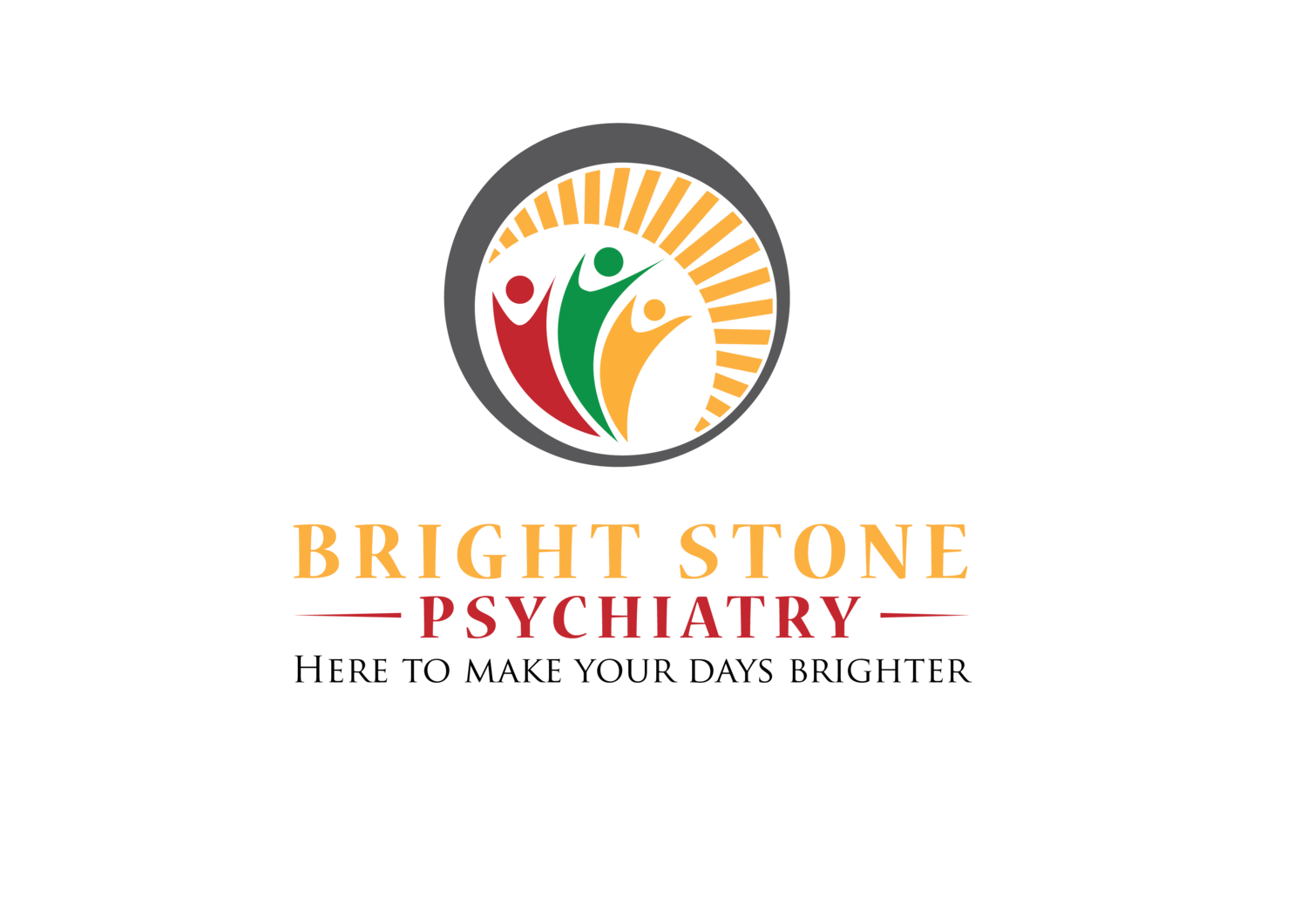Depression vs. Sadness: How to Tell the Difference
Everyone feels sad from time to time—it’s a natural human emotion triggered by life’s challenges, disappointments, or losses. However, when low moods persist and interfere with daily life, it may be a sign of clinical depression, a serious mental health condition that requires professional care.
At Brightstone Psychiatry, we help individuals understand the difference between temporary sadness and depression so they can seek the right support. Here’s what you need to know.
Sadness: A Normal Emotional Response
Sadness is a temporary emotion, often tied to a specific event, such as:
A breakup or relationship conflict
A bad day at work
The loss of a loved one (grief)
Disappointment or failure
Key Signs of Sadness:
✔ Comes and goes in waves
✔ Lessens with time, comfort, or positive distractions
✔ Doesn’t completely disrupt daily functioning
✔ You can still enjoy moments of happiness
While sadness can feel intense, it usually improves with self-care, social support, and time.
Depression: A Persistent Mental Health Condition
Depression (major depressive disorder) is more than just feeling down—it’s a prolonged state that affects mood, thoughts, and physical health. Unlike sadness, depression often has no single cause and may require treatment.
Key Signs of Depression:
✔ Lasts two weeks or longer with little relief
✔ Loss of interest in hobbies or activities you once enjoyed
✔ Fatigue, low energy, or changes in sleep (insomnia or oversleeping)
✔ Difficulty concentrating, making decisions, or remembering things
✔ Feelings of worthlessness, guilt, or hopelessness
✔ Physical symptoms (aches, digestive issues, weight changes)
✔ Thoughts of death or suicide
Depression doesn’t always have an obvious trigger and can make even small tasks feel overwhelming.
When to Seek Help
If your low mood:
Lasts for weeks without improvement
Impairs work, relationships, or self-care
Includes thoughts of self-harm or suicide
...it’s time to reach out to a mental health professional.
Treatment Options for Depression
Depression is treatable with:
Psychotherapy (CBT, talk therapy)
Medication (if needed)
Lifestyle changes (exercise, nutrition, sleep hygiene)
At Brightstone Psychiatry, we create personalized treatment plans to help you regain balance and hope.
📞 Call us today at 832-378-8282
📧 Email: Hello@BrightStonePsychiatry.com
🌐 Visit: www.brightstonepsychiatry.com
You don’t have to face this alone—help is available.
Brightstone Psychiatry – Expert Care for Your Mental Wellness

